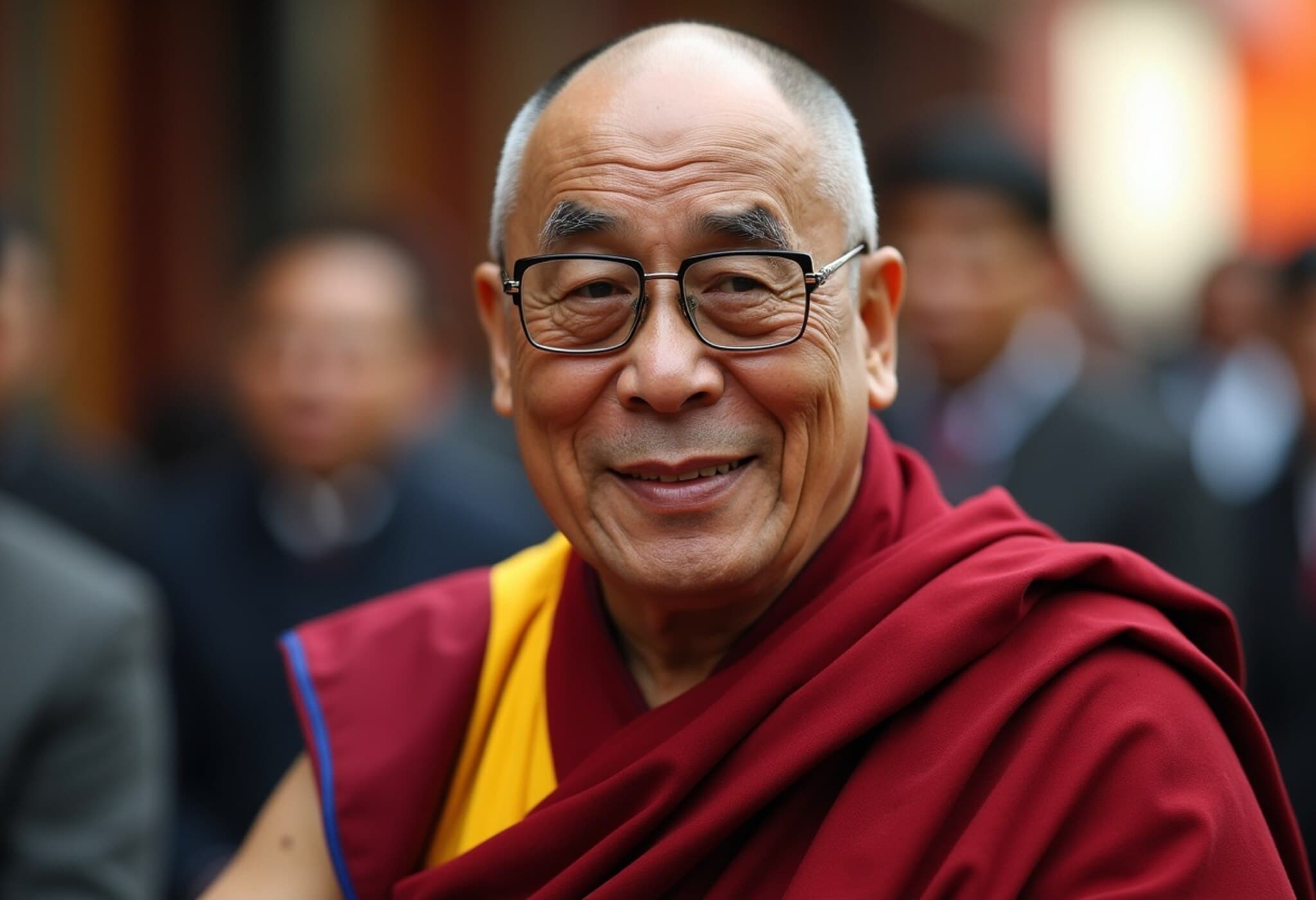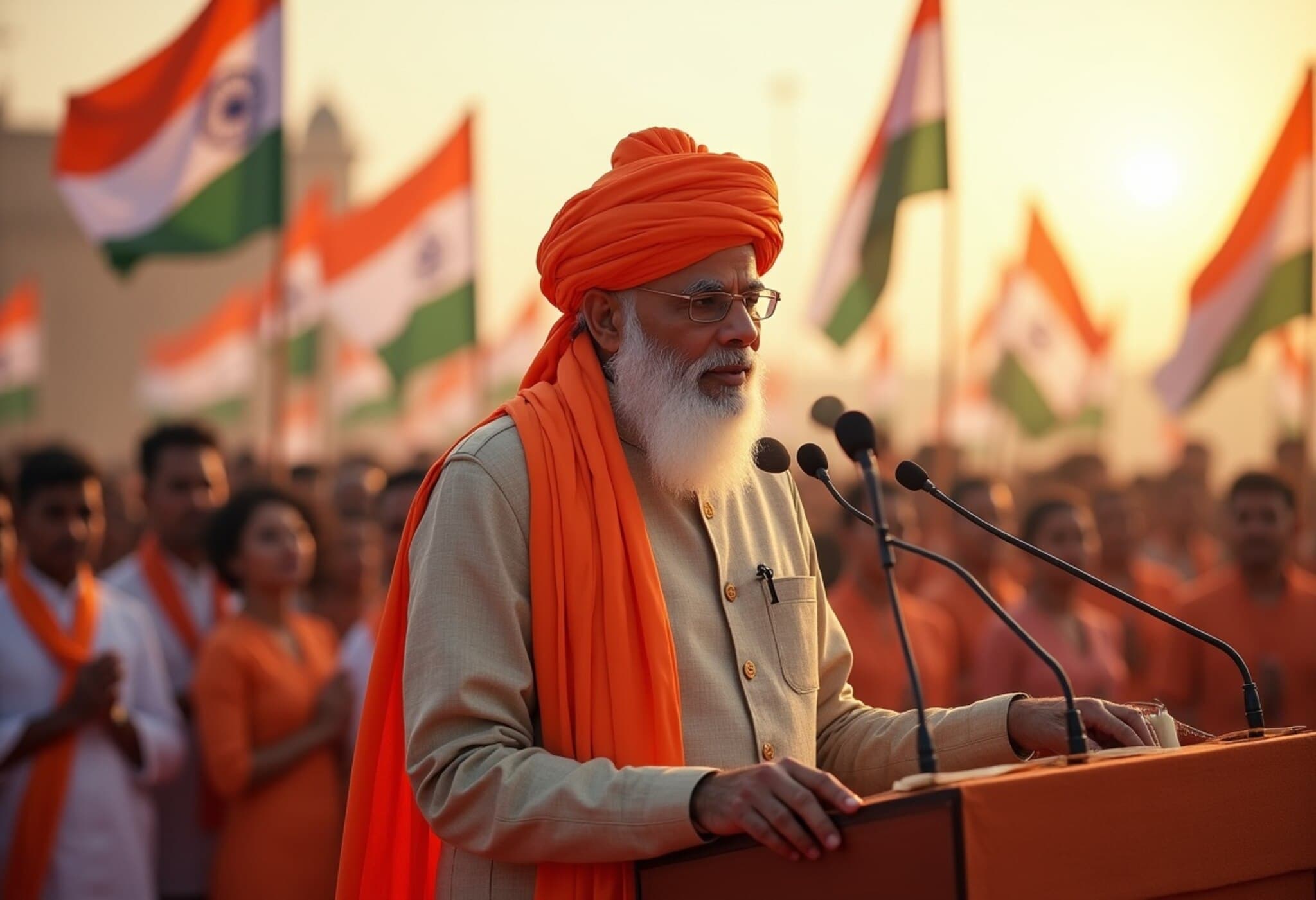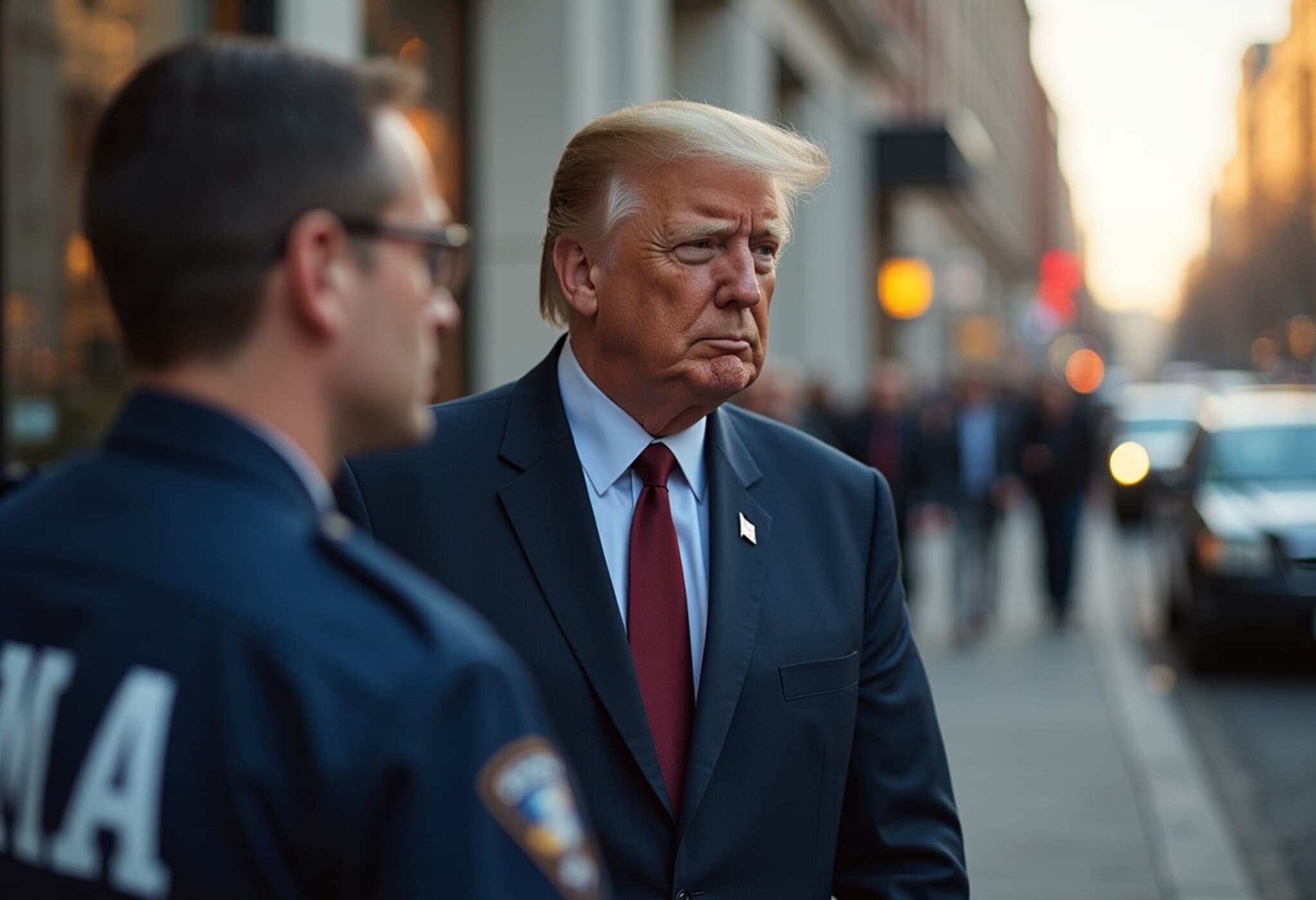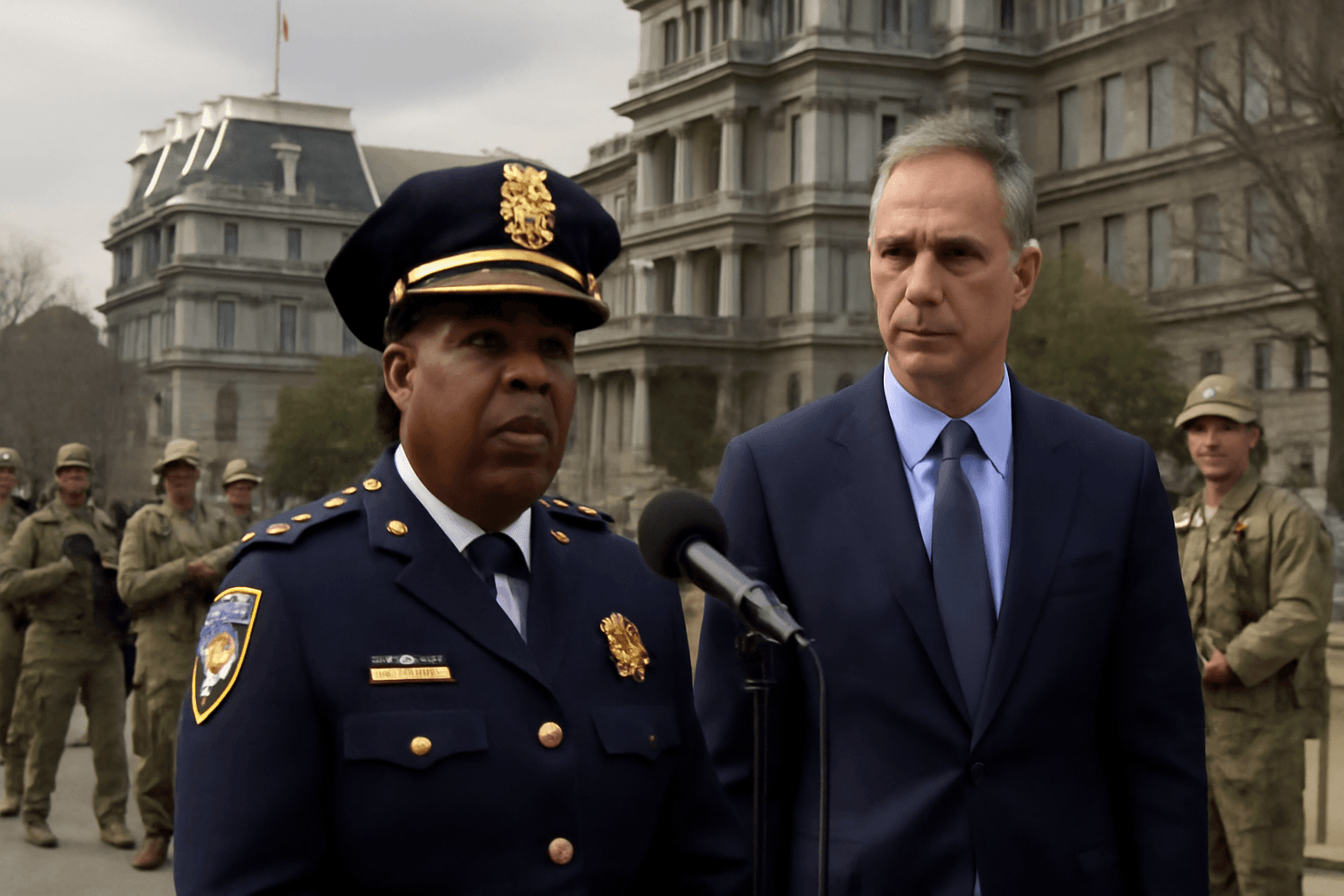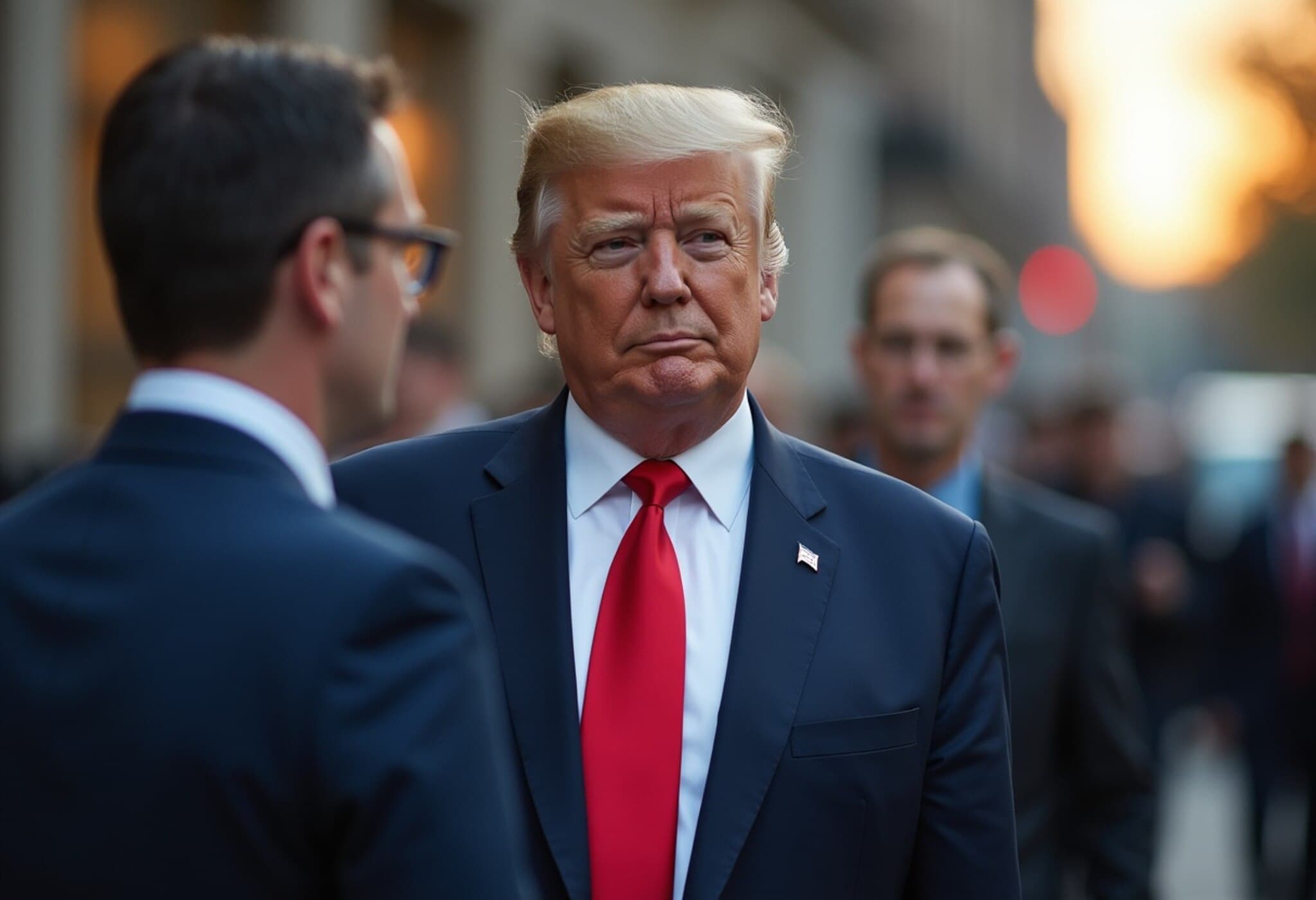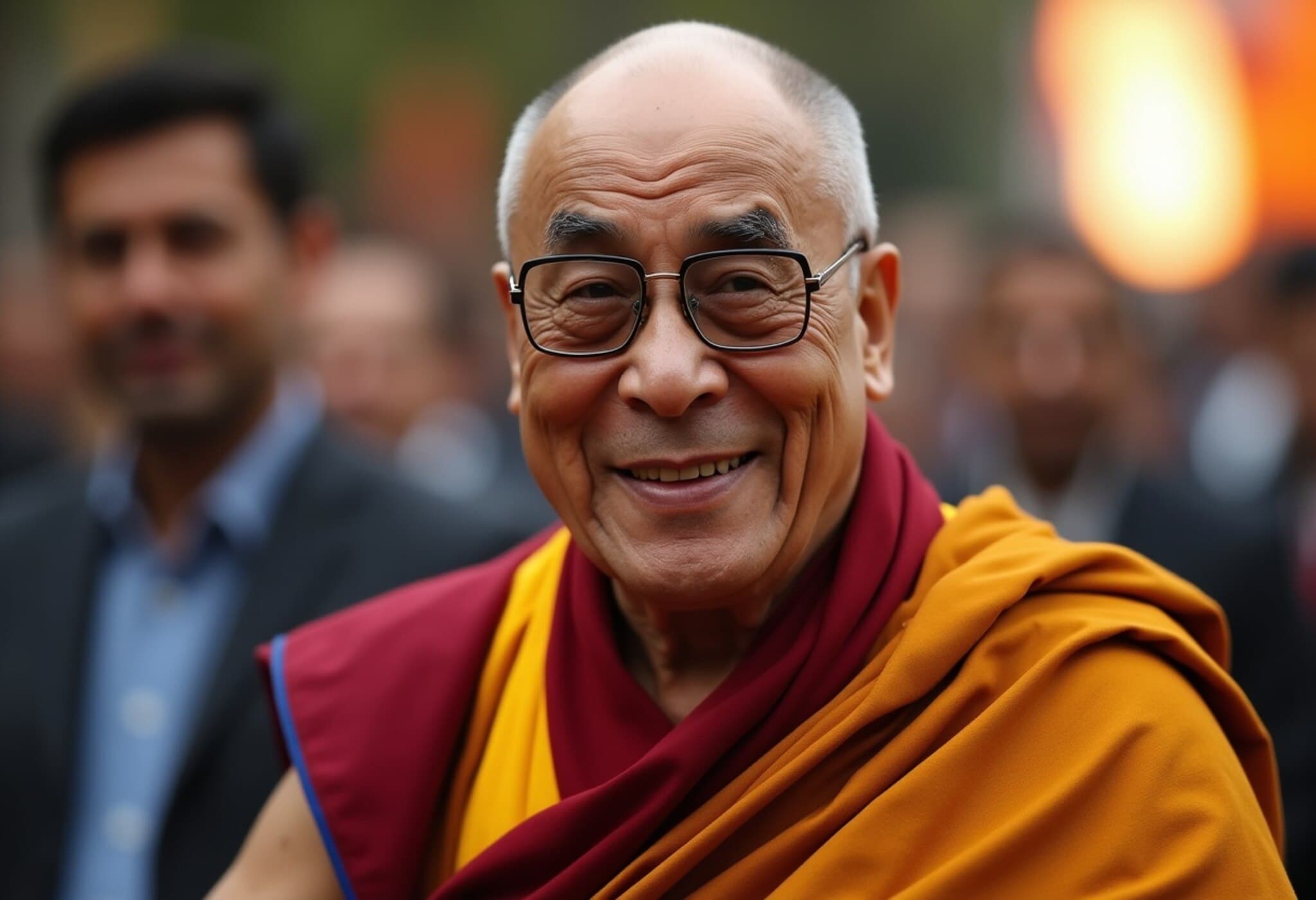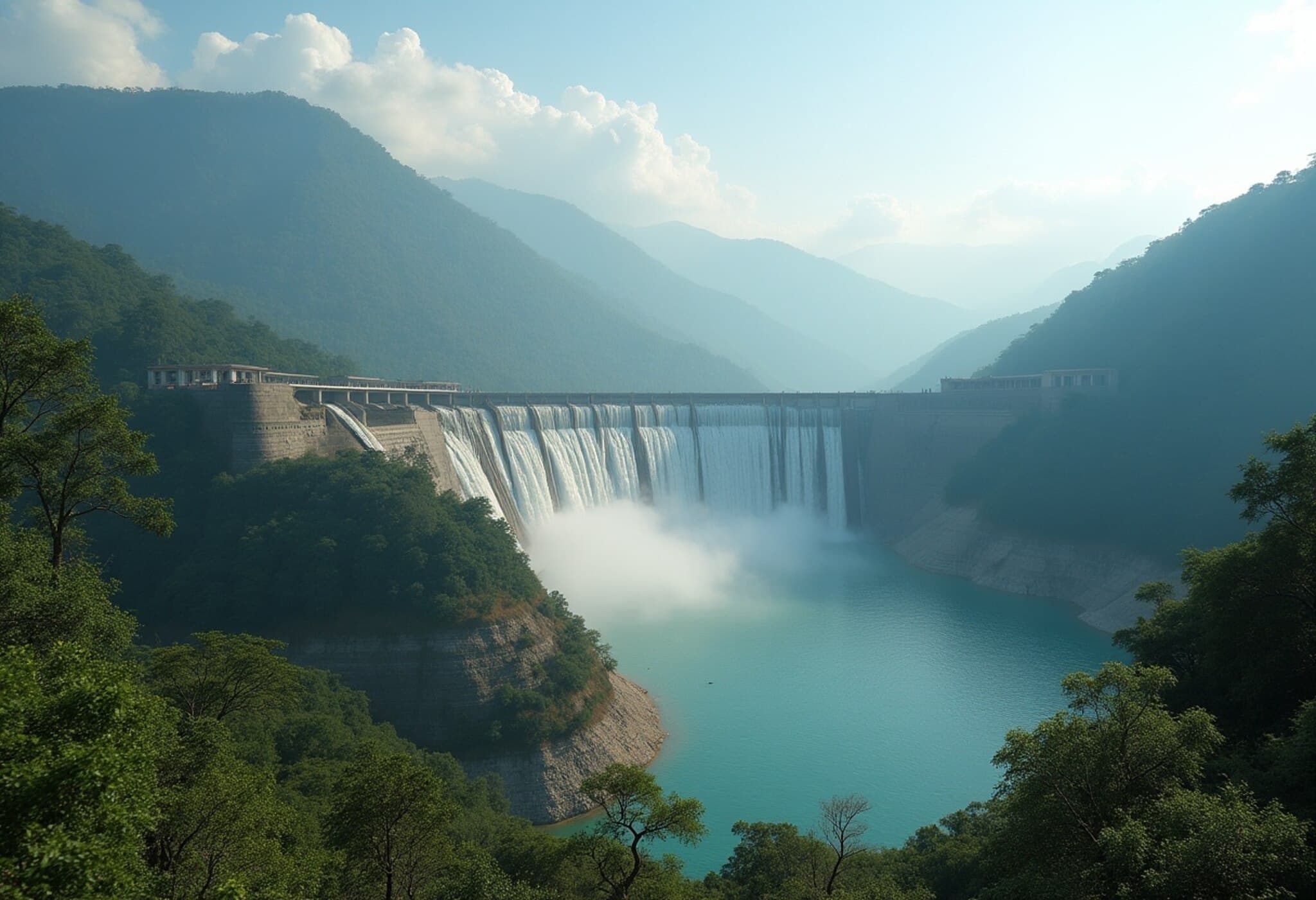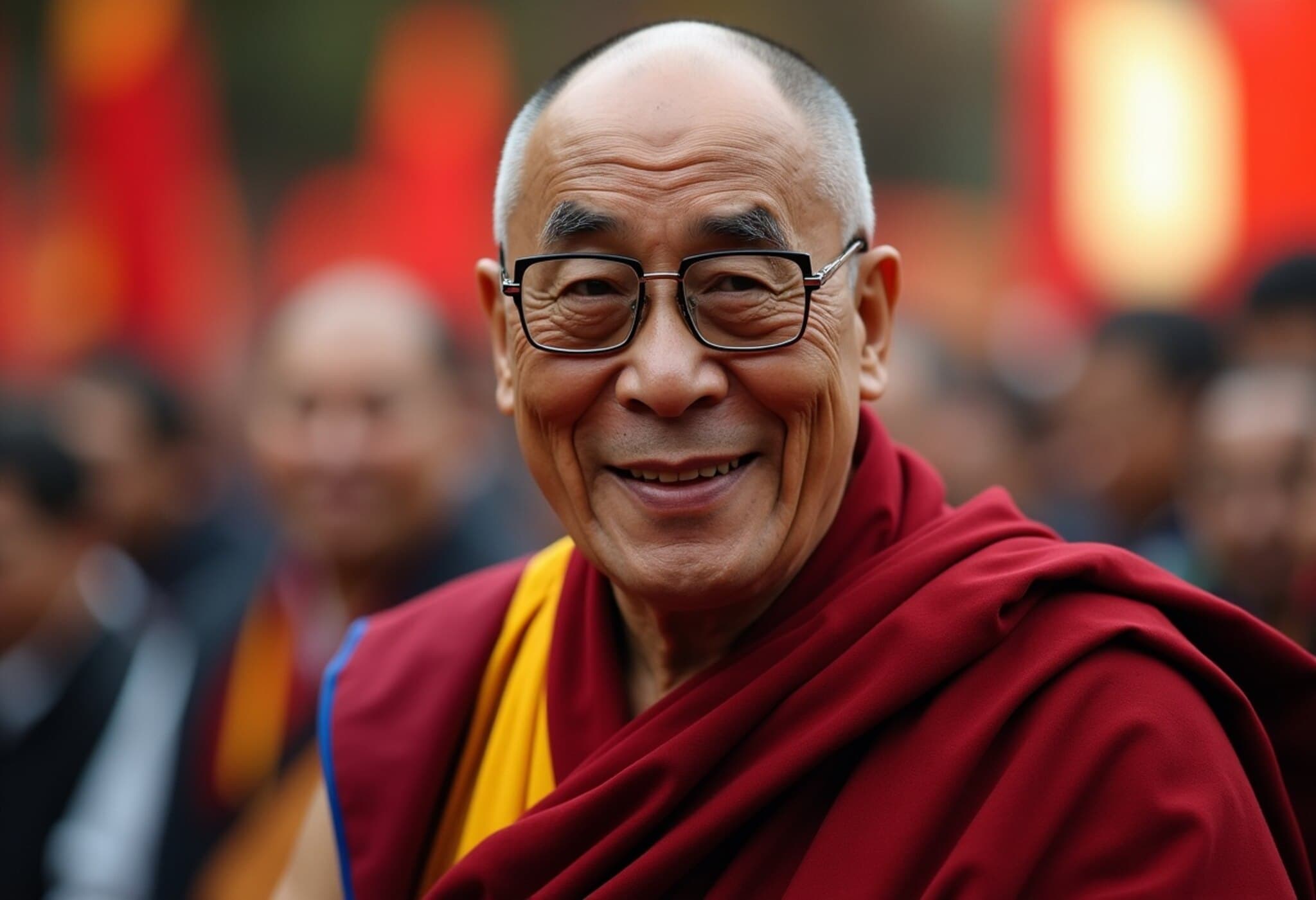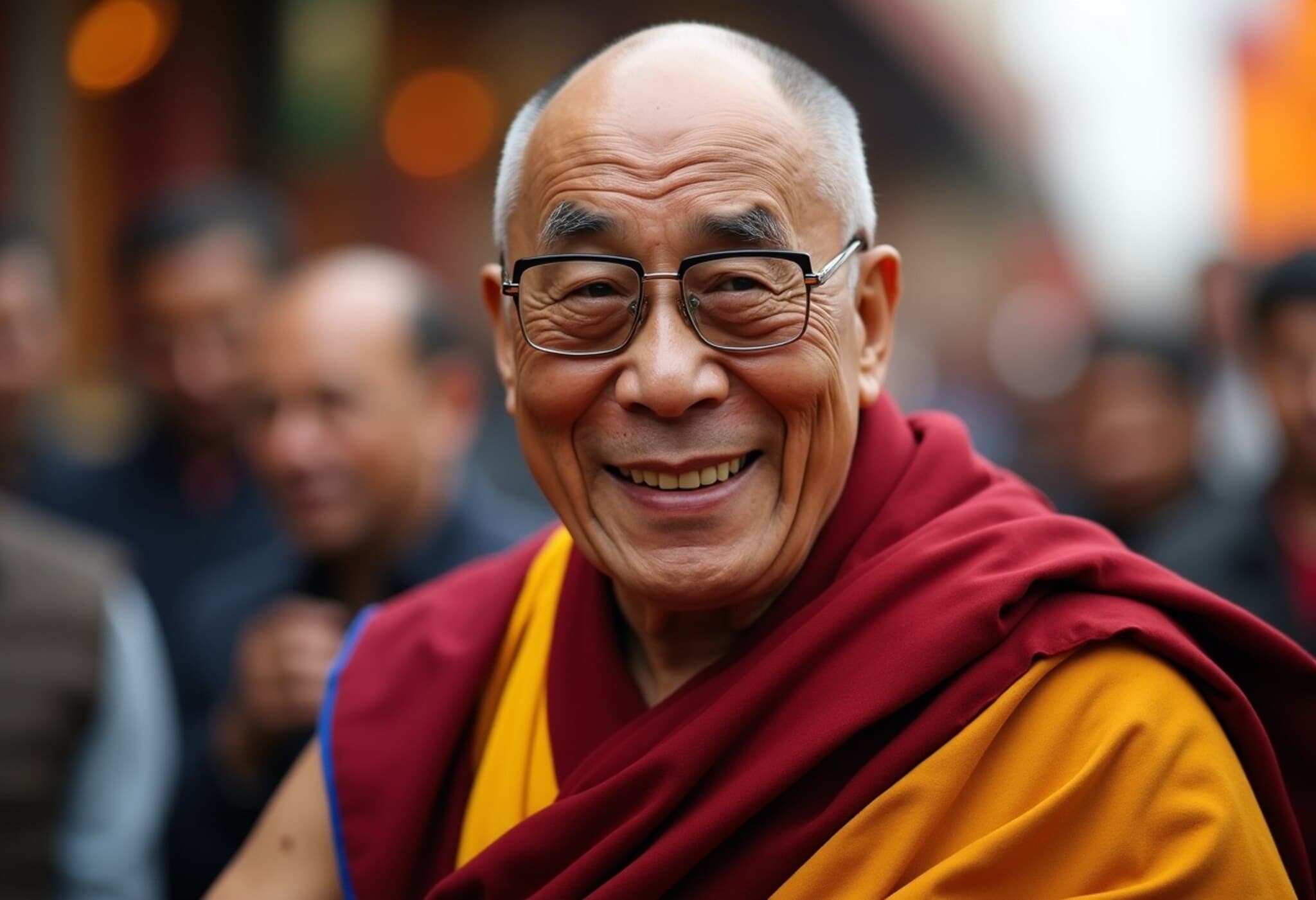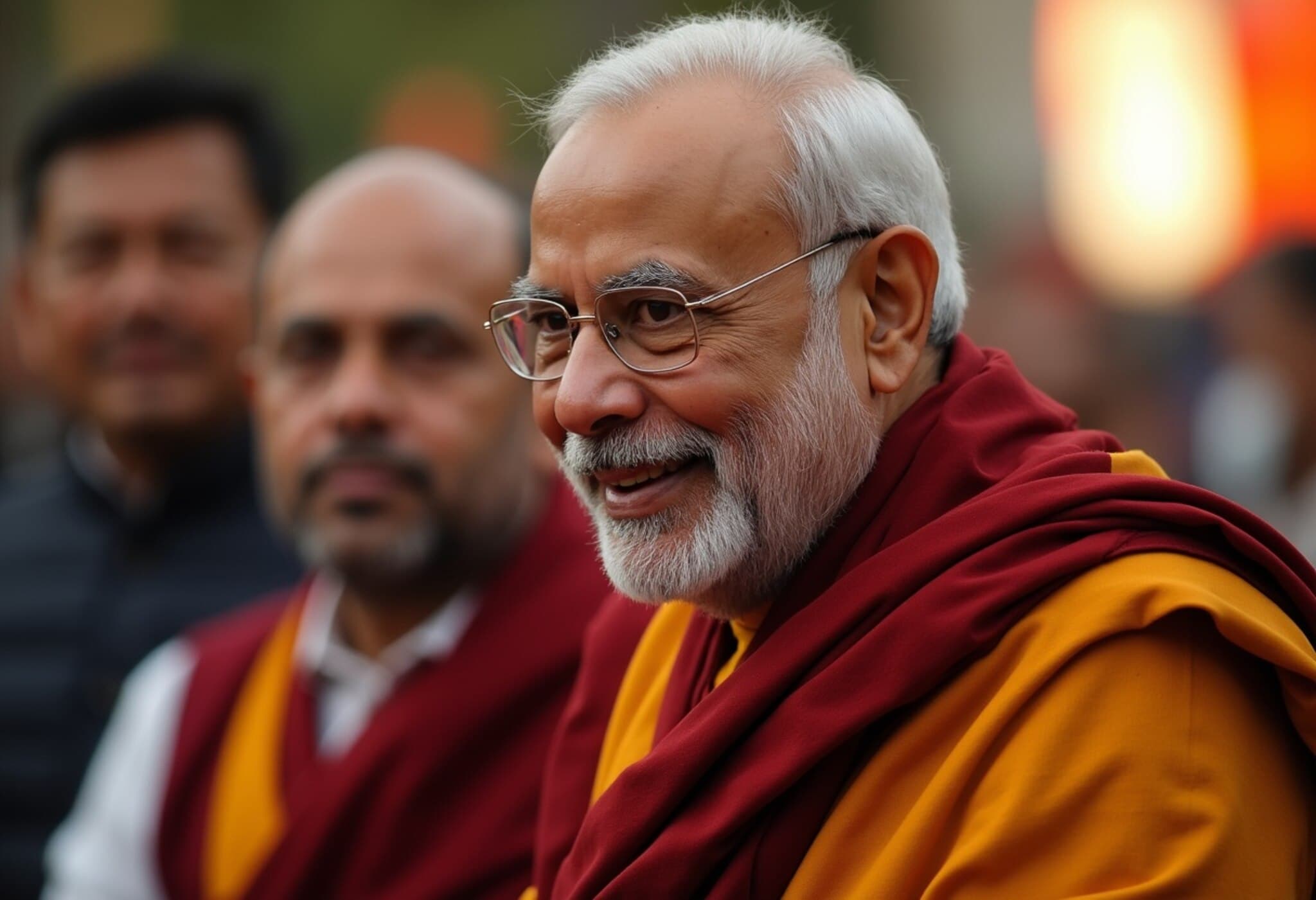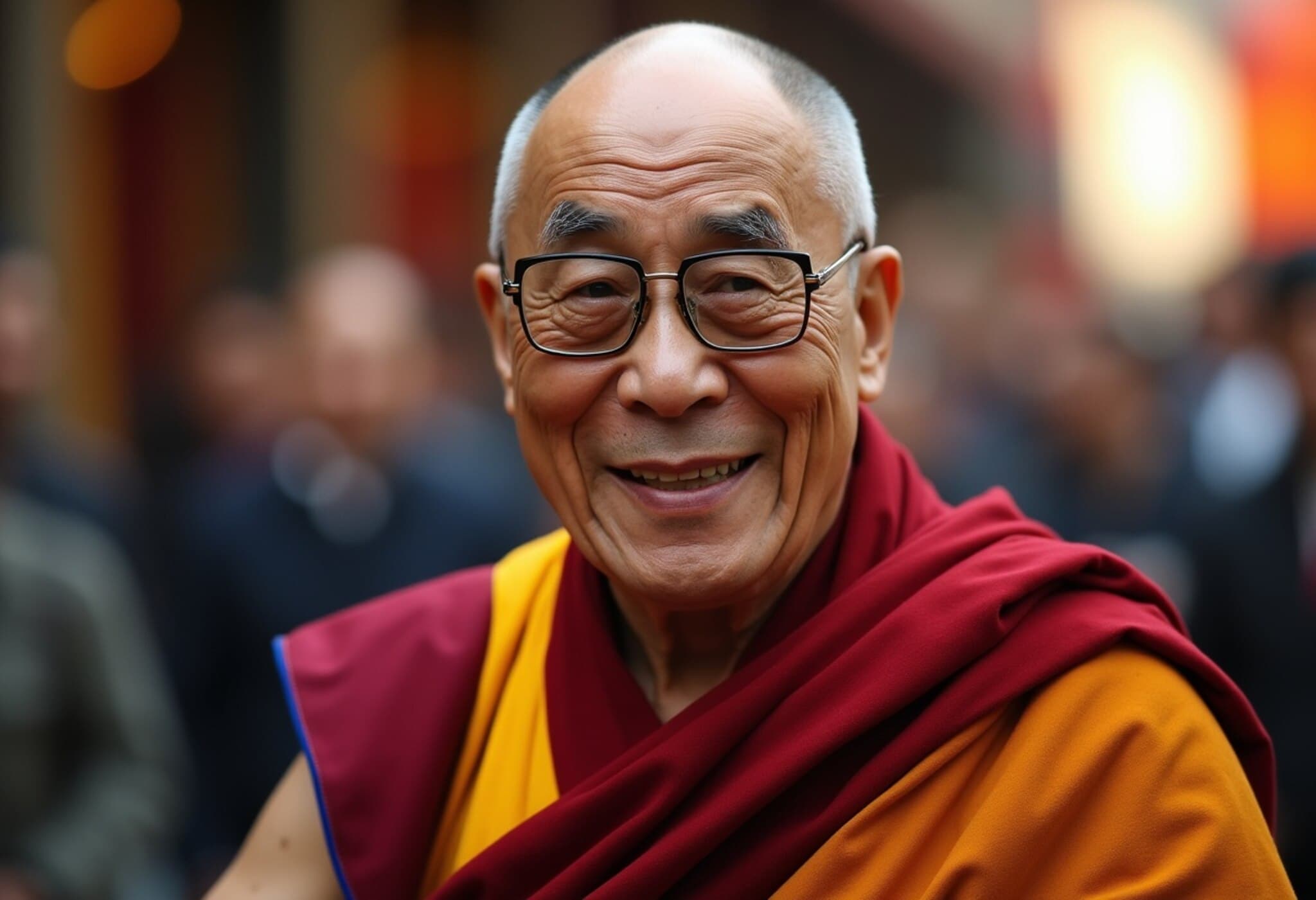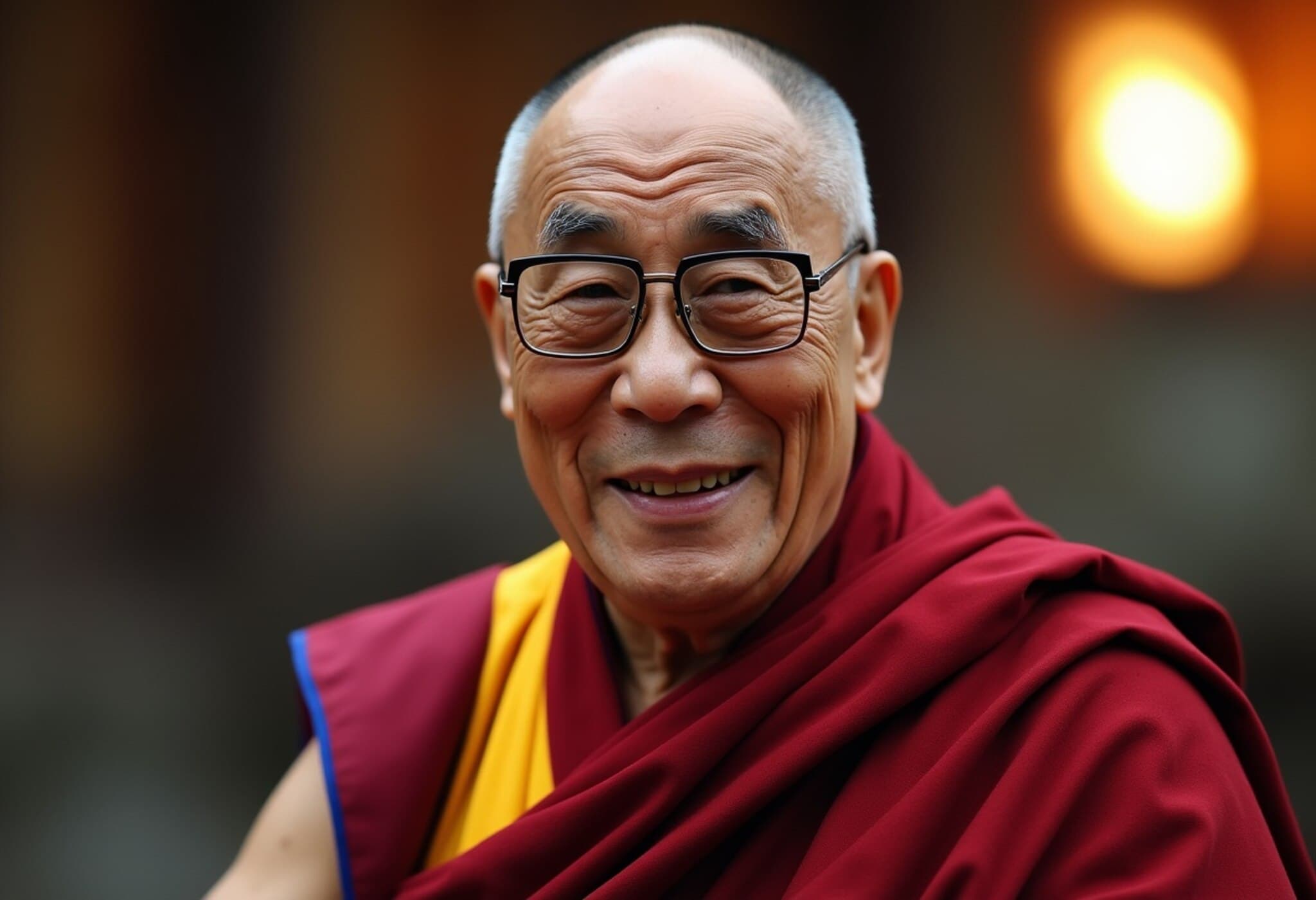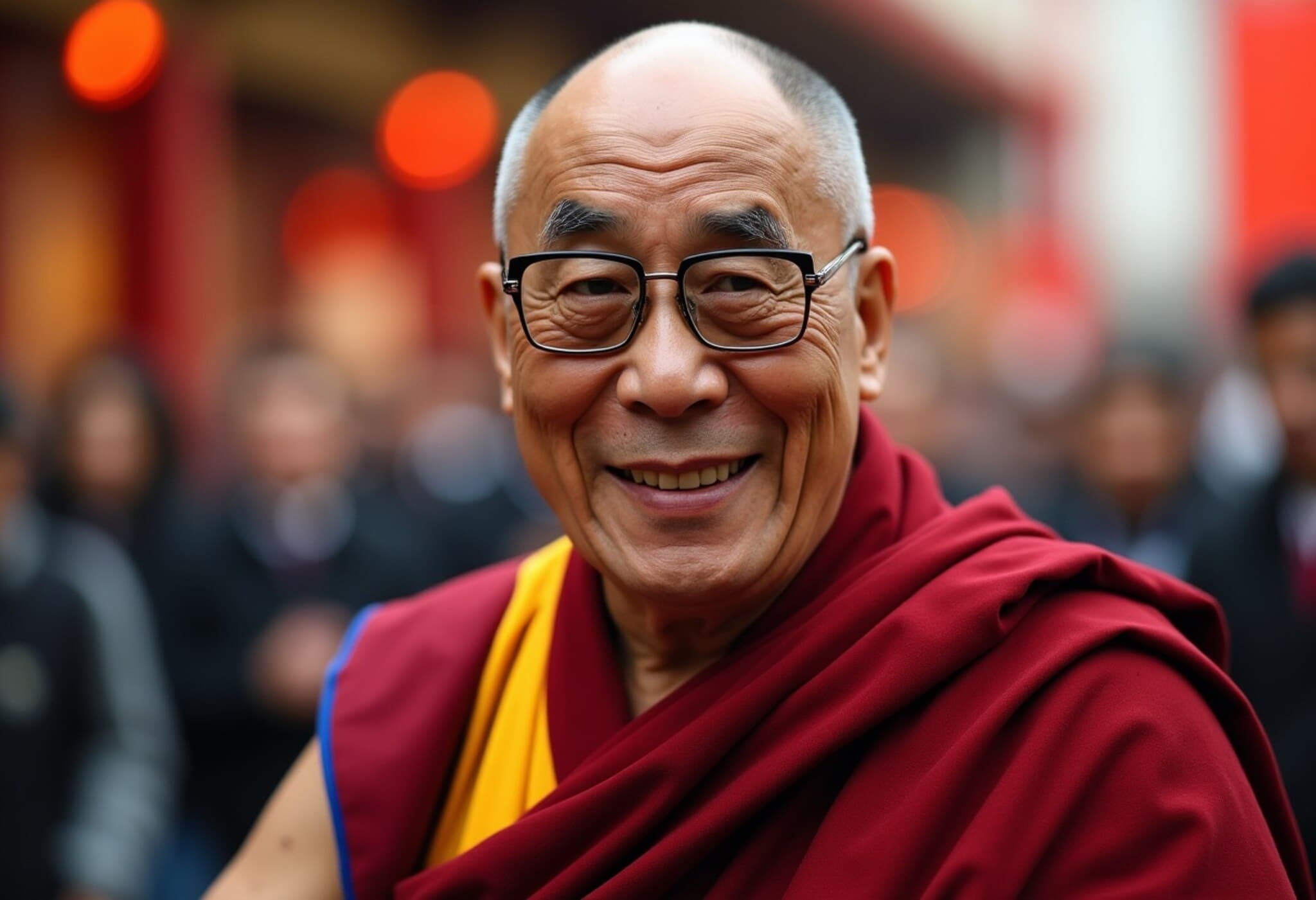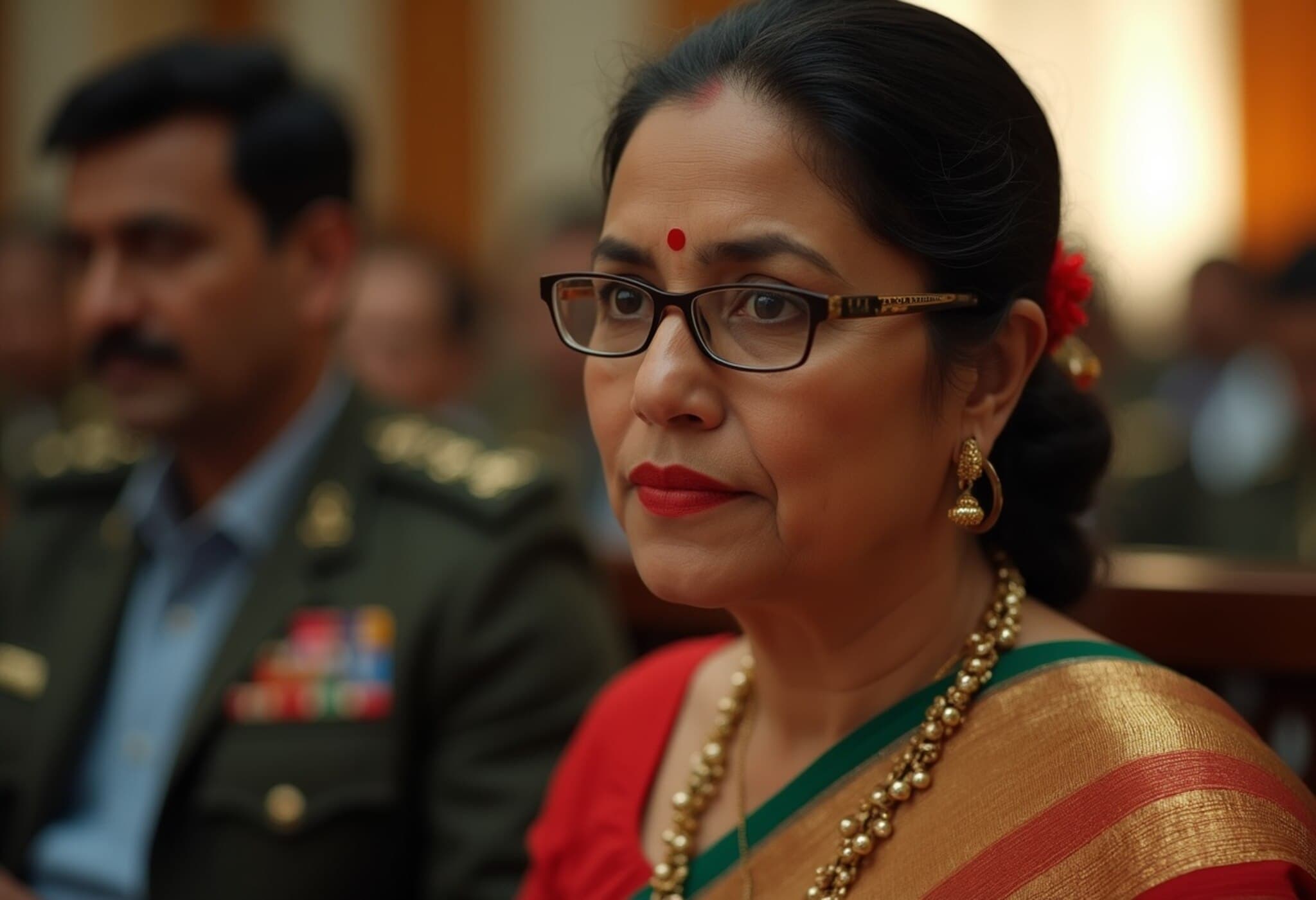Arunachal Pradesh Chief Minister Comments on Future of Dalai Lama Succession
In a recent statement reflecting deep conviction and regional perspective, Arunachal Pradesh Chief Minister Pema Khandu declared that the next Dalai Lama would be born in a "free world," explicitly excluding China from any role in the succession process. His comments come amid ongoing geopolitical tensions and contestations surrounding the spiritual leadership role that the Dalai Lama embodies within Tibetan Buddhism and beyond.
Context: The Dalai Lama Succession and China's Contestation
The institution of the Dalai Lama has a rich history spanning over 600 years, with the current 14th Dalai Lama serving as both a spiritual figurehead and a symbol of Tibetan autonomy and identity. China asserts authority over Tibet and has claimed involvement in approving the next successor, stirring tensions with Tibetan exiles and international supporters of Tibetan autonomy.
Pema Khandu, speaking to the press on July 10, 2025, emphasized that the selection of a new Dalai Lama traditionally occurs after the passing of the incumbent and follows established religious protocols recognized primarily by Tibetan Buddhists within the Himalayan region.
Free World vs. Authoritarian Influence
When addressing questions about China's role, Khandu was unequivocal:
"The Dalai Lama institution is recognized mainly in the Himalayan belt and by Tibetan Buddhists. China has no role in it. The next spiritual leader will hail from a country that values freedom of expression and democratic principles," he remarked.
This statement underscores a profound divide between democratic values and authoritarian governance models—an issue that resonates far beyond the confines of Tibetan Buddhism, touching upon fundamental debates over cultural autonomy, human rights, and geopolitical influence.
Optimism for the Current Dalai Lama's Longevity
Khandu expressed heartfelt wishes for the 14th Dalai Lama's health and longevity, referencing recent remarks by the spiritual leader about his hopeful lifespan of around 130 years. The CM described this hopeful outlook as a source of collective inspiration, highlighting the Dalai Lama’s integral role in spiritual and political spheres:
- "His Holiness' health is very good," Khandu noted.
- "We all pray for him to live many more decades, underscoring his timeless influence."
Regional Perspectives and Broader Implications
The statement from the Arunachal Pradesh CM also reflects the state’s unique position as a Himalayan frontier where Tibetan Buddhism is deeply embedded in the cultural fabric. Arunachal Pradesh, sharing borders with Tibet and China, often stands as a barometer for India-China relations related to Tibetan issues.
Experts point out that Khandu’s remarks serve multiple purposes:
- Affirming the continued relevance and autonomy of Tibetan Buddhist traditions outside China’s control.
- Positioning democratic societies as the rightful custodians of Tibetan spiritual lineage.
- Sending a diplomatic yet firm signal to China about the limits of its influence over Tibetan religious affairs.
Expert Commentary
Dr. Meera Singh, a scholar of Himalayan geopolitics, observes, "The next Dalai Lama’s birthplace is not merely a religious question—it embodies broader struggles over cultural sovereignty and human rights in the face of authoritarianism. Khandu’s words echo a growing international consensus that spiritual freedom cannot be subsumed by geopolitical ambitions."
Meanwhile, policy analysts note how this issue complicates India-China relations, with Arunachal Pradesh often in the crosshairs of strategic contestation.
Editor’s Note
The assertion by Arunachal Pradesh Chief Minister Pema Khandu that the next Dalai Lama will be born in a free world, not China, is more than symbolic. It highlights the intersection of faith, freedom, and diplomacy—a crucible where centuries-old traditions grapple with modern geopolitical realities. As the global community watches closely, several critical questions arise: How will China respond? What role will democratic nations play in preserving Tibetan spiritual heritage? And importantly, how can international frameworks uphold cultural and religious autonomy amid geopolitical rivalries?
Understanding these dynamics requires not only attention to religious protocols but also to the broader struggles for democracy, identity, and human rights within the Himalayan region and beyond.

